






5-Star Valuation Services, Loved by Hundreds
Defensible appraisals for any legal or tax need.
Rather than relying on a single lead appraiser or fixed team, we maintain an extensive network of credentialed specialists, each with deep expertise in particular asset types and valuation purposes. This enables us to match every engagement with the right expert while delivering exceptionally fast turnaround times, even under the most demanding deadlines.
When you require a defensible appraisal you can trust, AppraiseItNow delivers.


Easy & Fast Online Appraisal Process
Our unique model allows us to meet super tight deadlines for tax filings, court dates, internal company project timelines.

Industry-Leading Appraisal Speed
Our unique business model means that we always have a credentialed appraiser available to work on your project, and we can meet obscure and short deadlines for tax filings, court submissions, internal projects, and more. Even if that means preparing your appraisal within 24 hours!

Any Asset Covered
This means that we can appraise any type of item including furniture, artwork, jewelry, business inventory, machinery & equipment, cars, boats, and more!

Servicing Enterprises & Individuals
Our company services anyone from an individual with a single couch to an enterprise needing contents of multiple offices or warehouses appraised.

Defensible for Any Purpose
Frequently Asked
Questions
No Frequently Asked Questions Found.
The legal framework of divorce varies across jurisdictions, but generally involves a structured process of legal separation. Two primary divorce pathways exist: contested and uncontested. Contested divorces occur when partners cannot agree on critical elements like asset division, child custody, or financial support, often requiring extensive legal negotiation and potential court intervention. Uncontested divorces, conversely, represent scenarios where both parties reach mutual agreements, facilitating a more streamlined and typically less expensive resolution.
Beyond legal mechanics, divorce encompasses significant emotional and psychological dimensions. Individuals experiencing divorce often navigate complex feelings of loss, grief, uncertainty, and potential relief. The emotional landscape can be intricate, involving mourning the end of a relationship while simultaneously confronting practical life transitions.
Financial considerations form another critical aspect of divorce. The process involves comprehensive asset evaluation, potential spousal support determinations, and equitable distribution of shared resources. Property valuation, retirement account divisions, and potential tax implications require careful, strategic planning.
When children are involved, divorce becomes exponentially more nuanced. Parents must prioritize their children's emotional well-being, establishing cooperative co-parenting strategies that minimize psychological disruption. Courts consistently emphasize children's best interests, seeking arrangements that provide stability and support during this significant family transition.
While challenging, divorce can also represent an opportunity for personal growth, self-reflection, and eventual renewal. Professional support through counseling, legal guidance, and personal networks can help individuals navigate this complex life event with greater resilience and clarity.
An accurate valuation provides a transparent, unbiased assessment of shared property and assets. This becomes especially crucial for high-value items like real estate, businesses, jewelry, and investments where personal emotions can distort perceived worth. By establishing a factual baseline, both parties can approach property division with a clear, rational perspective.
Legal proceedings demand rigorous documentation, and many jurisdictions require formal appraisals to ensure equitable asset distribution. These professional evaluations serve as authoritative documents that courts recognize, minimizing potential disputes arising from subjective estimations.
The appraisal process extends beyond simple monetary calculation. It encompasses a comprehensive analysis of tangible and intangible assets, providing deep insights into the true value of marital property. This holistic approach supports more meaningful settlement negotiations, enabling both parties to make informed decisions about their financial futures.
Professional appraisals also offer strategic advantages during divorce proceedings. They can expedite negotiations by presenting objective data, reducing potential conflicts and emotional tension. Moreover, they help individuals understand the full financial landscape, supporting more effective post-divorce financial planning.
Perhaps most importantly, a professional appraisal delivers peace of mind during a turbulent period. By transforming complex asset valuations into clear, defensible figures, individuals can focus on personal healing and future opportunities rather than getting entangled in prolonged disputes.
The true value of a professional appraisal lies not just in its numerical precision, but in its potential to facilitate a more amicable, forward-looking approach to asset division during divorce.
Professional appraisers conduct an in-depth examination considering key factors such as age, condition, craftsmanship, materials, and historical significance. They carefully assess the furniture's physical characteristics, including the quality of construction, original materials, and overall preservation state. Specific design elements like wood type, joinery techniques, surface finishes, and manufacturing methods play crucial roles in determining value.
The appraisal process extends beyond visual inspection, incorporating extensive research into comparable market sales, auction records, and current collector trends. Appraisers analyze historical context, examining how specific design periods, manufacturers, and artistic movements impact a piece's desirability and potential financial value. Unique provenance, rare design elements, and original condition can dramatically influence an item's overall appraisal.
Expertise in furniture history, materials science, and market dynamics allows appraisers to provide nuanced, accurate valuations that reflect both the item's intrinsic qualities and its current market positioning. This comprehensive approach ensures a thorough and precise assessment that goes well beyond simple visual estimation.
The online appraisal process is designed to be both flexible and comprehensive. Clients are usually required to provide extensive information about their furniture, including precise dimensions, manufacturing details, current condition, age, and any distinctive characteristics that might influence its value. High-quality, multiple-angle photographs are crucial for enabling appraisers to make accurate assessments.
Advanced technological platforms now support various interactive appraisal methods. Live video consultations through platforms like Zoom or Skype enable real-time communication, allowing appraisers to request additional visual information or ask specific questions about the item. This interactive approach helps bridge the gap between traditional in-person assessments and remote evaluations.
Remote appraisals offer significant advantages, particularly for individuals with scheduling constraints, mobility limitations, or geographical challenges. Clients can undergo professional furniture valuations from the comfort of their home, eliminating the need for complicated logistical arrangements or transportation of potentially fragile items.
While online appraisals provide remarkable convenience, clients should understand that the accuracy of the assessment depends heavily on the quality and comprehensiveness of the information submitted. Clear, well-lit photographs and detailed, honest descriptions are essential for obtaining a reliable valuation.
The digital appraisal landscape continues to evolve, with professionals leveraging sophisticated technologies to deliver precise and trustworthy evaluations. For those seeking a convenient, efficient approach to understanding their furniture's value, online appraisals represent a modern solution to traditional valuation challenges.
Antique furniture appraisers represent a critical subset of this profession, focusing on pieces with significant historical value. They possess deep knowledge of period-specific design elements, manufacturing techniques, and cultural influences. Their expertise allows them to authenticate and precisely value items over a century old, distinguishing genuine antiques from skillful reproductions.
Contemporary furniture appraisers specialize in more recent designs, tracking current market trends and understanding the nuanced value of modern pieces. These professionals are particularly adept at evaluating furniture from the past few decades, considering factors like designer reputation, manufacturing quality, and current aesthetic preferences.
Collectible furniture appraisers occupy a unique niche, concentrating on pieces that hold special significance within collector communities. They understand the complex ecosystem of collector markets, assessing value based on rarity, historical importance, and desirability among specialized enthusiasts.
Specialty furniture appraisers develop deep expertise in specific styles or categories, such as mid-century modern or artisan-crafted pieces. Their targeted knowledge allows for precise valuations that consider the subtle characteristics unique to particular design movements or crafting traditions.
Furniture restoration appraisers bring technical insight into how preservation and restoration impact an item's value. They evaluate the potential and limitations of restoring a piece, providing critical guidance on maintaining or enhancing its market worth through careful intervention.
Selecting the right appraiser requires careful consideration of the specific furniture in question and the purpose of the valuation, ensuring a comprehensive and accurate assessment.
Insurance documentation represents a primary driver for obtaining furniture appraisals. Comprehensive valuations ensure homeowners can secure appropriate coverage and expedite claims processes in the event of loss, theft, or damage. Precise documentation becomes instrumental in protecting significant investments and providing clear evidence of an item's worth to insurance providers.
Estate planning and legal proceedings also benefit substantially from professional furniture appraisals. When distributing assets among heirs, accurate valuations help create equitable divisions and minimize potential familial conflicts. These assessments provide transparent, objective information about furniture's market value, facilitating smoother inheritance transitions and legal settlements.
Charitable donations involving high-value furniture require professional appraisals to validate tax deduction claims. When furniture exceeds certain monetary thresholds, documented assessments become essential for substantiating donation values and maximizing potential tax benefits.
Divorce proceedings frequently rely on furniture appraisals to determine fair property division. Professional evaluations offer neutral, fact-based assessments that help reduce emotional tension and streamline settlement negotiations by providing clear, defensible property values.
Collectors and antique enthusiasts particularly benefit from professional appraisals, gaining insights that inform purchasing, selling, and maintaining valuable collections. Understanding precise market values empowers informed decision-making and prevents potential financial misjudgments.
Ultimately, furniture appraisals represent more than simple monetary assessments. They provide comprehensive insights that protect financial interests, facilitate legal processes, and offer peace of mind across numerous personal and professional contexts.
Understanding the Importance of Furniture Appraisals in Divorce
In the context of divorce, furniture appraisals play a crucial role in ensuring an equitable distribution of marital assets. As couples transition from shared lives to separate paths, accurately valuing furniture can prevent disputes and promote fairness. A professional appraisal provides an objective assessment of the worth of items, which can be vital for negotiations about who retains what, ultimately helping both parties move forward without lingering financial grievances.
Furniture can carry both monetary value and sentimental significance, making it essential to determine its fair market value during divorce proceedings. Items such as antiques, designer pieces, or family heirlooms may hold special emotional attachments, but their actual financial worth must be established to avoid personal biases during asset division. A skilled appraiser brings expertise in evaluating various types of furniture, considering factors such as condition, provenance, and market demand to deliver a comprehensive report.
Moreover, utilizing a professional appraiser can safeguard both parties from potential financial loss or gain. Without an accurate valuation, one spouse might unintentionally accept less than what their possessions are worth, while the other may overestimate the value of assets, leading to imbalanced settlements. In this complex emotional landscape, having a reliable appraisal can serve as a neutral foundation for discussions, easing tensions and fostering constructive dialogue as couples navigate the intricacies of asset division.
Types of Furniture Typically Appraised
When it comes to furniture appraisals during a divorce, a wide array of items may be considered for evaluation. Common types of furniture that are appraised include antique pieces, contemporary designs, and custom-made items. Each category has its own unique characteristics and value considerations, making it essential for appraisers to assess factors such as age, condition, and provenance. Understanding these distinctions helps ensure that each piece is evaluated accurately, reflecting its true market value.
In addition to traditional furniture like tables, chairs, and sofas, specialty items such as fine art, priced collectibles, and important family heirlooms often require appraisal as well. These unique assets may carry significant sentimental value and can complicate asset division. Appraisals of this nature not only help in determining fair compensation for each party but also provide a clearer understanding of the overall financial landscape during divorce proceedings. Engaging qualified appraisers with experience in furniture can greatly enhance this process.
The Appraisal Process: What to Expect
The appraisal process for furniture during a divorce typically begins with selecting a qualified appraiser who specializes in personal property, particularly furniture. The appraiser will conduct an onsite inspection of the items in question, assessing their condition, style, and market demand. During this evaluation, photographs may be taken, and relevant information about each piece will be documented to ensure an accurate assessment.
Following the inspection, the appraiser will research comparable sales and current market trends to determine the fair market value of the furniture. This involves looking at similar items that have recently sold, along with consulting databases and industry resources to establish a realistic valuation. The appraiser will then compile their findings into a detailed report, which outlines the valuation conclusions and provides support for their assessments.
Once the appraisal report is complete, it can be used in negotiations and legal proceedings as part of the asset division process during the divorce. It's essential for both parties to understand that the value assigned by the appraiser is based on current market conditions and the appraiser's expertise, which can help facilitate equitable discussions about asset distribution. Engaging a professional appraiser not only provides a fair valuation but also adds a layer of impartiality to what can often be a contentious issue.
Factors Influencing Furniture Value
When it comes to appraising furniture in the context of divorce, several factors can significantly influence the overall value. The age and condition of the furniture play a crucial role; antique or well-maintained items often fetch higher prices compared to newer pieces that show signs of wear. Additionally, the quality of materials used in the furniture's construction—such as solid wood versus particle board—can affect its desirability and market value. Limited editions or custom-made pieces may also carry a premium due to their uniqueness and craftsmanship.
Another important factor to consider is the provenance of the furniture. Items with a notable history, such as those previously owned by famous individuals or associated with significant events, can command higher appraisal values. Furthermore, current market trends and styles can impact what buyers are willing to pay: certain periods or designs may gain popularity, thus increasing demand and value. By understanding these dynamics, individuals involved in divorce proceedings can approach furniture appraisals with greater insight, ensuring a more equitable distribution of assets.
Choosing a Qualified Appraiser: What to Look For
Choosing a qualified appraiser for furniture appraisals during divorce proceedings is a critical step that can significantly impact equitable asset distribution. An ideal appraiser should have extensive experience and expertise specifically in assessing furniture and interior decor, as these items can vary greatly in value based on brand, condition, and market trends. It's also important to ensure that the appraiser holds relevant certifications or licenses that validate their professional standing and competency in the field.
In addition to qualifications, personal compatibility and effective communication skills are essential traits to look for in an appraiser. The appraisal process can sometimes be contentious, especially during a divorce, so having an appraiser who can communicate findings clearly and neutrally can help to alleviate tension between parties. It’s advisable to seek out appraisers who have experience working in divorce situations, as they will be familiar with how to navigate the complexities that can arise during the valuation process.
Furthermore, consider the appraiser's approach to research and methodology. A qualified appraiser should utilize a combination of market analysis, comparable sales data, and detailed examination of the furniture to establish a fair market value. Reading reviews or testimonials from past clients can also provide valuable insights into an appraiser's reliability and thoroughness, ensuring you choose someone who will provide an accurate and unbiased assessment.
Common Mistakes to Avoid in Furniture Appraisals
When it comes to furniture appraisals for divorce, one of the most common mistakes is underestimating the importance of hiring a qualified appraiser. Many individuals may attempt to assess the value of their furniture based on personal attachments or outdated market knowledge, which can lead to significant discrepancies. Engaging with a certified appraiser ensures that the valuation reflects current market conditions and adheres to industry standards, providing a fair assessment for both parties involved in the divorce process.
Another frequent pitfall is neglecting to document the condition and provenance of each piece of furniture before the appraisal takes place. Failing to provide evidence of repairs, modifications, or historical significance may adversely affect the appraisal outcome. It is vital to compile a comprehensive inventory that includes photographs and any relevant documentation, as this aids the appraiser in accurately determining the item's value and contributes to a smoother negotiation during the divorce settlement.
The Role of Appraisals in Property Division
In the context of divorce proceedings, appraisals play a crucial role in ensuring an equitable distribution of marital assets. Furniture, often regarded as personal property, can hold significant financial value, and an accurate appraisal helps to establish a fair market value. This process allows both parties to have a clear understanding of what the furniture is worth, making negotiations more straightforward and reducing the potential for disputes over asset division.
Appraisals not only provide clarity on the value of furniture but also serve as a neutral basis for decision-making. During a divorce, emotions can run high, and appraisals help to eliminate bias by relying on objective evaluations conducted by qualified professionals. This impartial assessment is crucial in helping both parties come to a mutually agreeable settlement, minimizing the potential for prolonged conflict and legal battles.
Furthermore, accurate furniture appraisals can also offer financial benefits by ensuring that no party is unfairly compensated or taken advantage of during the property division process. When both parties have a detailed understanding of the furniture's value, they can make informed decisions about how to proceed, whether that means selling, keeping, or dividing items. In this way, appraisals facilitate a smoother transition for both parties as they move forward into their new lives.
Documenting Furniture Value for Legal Proceedings
Documenting the value of furniture during a divorce is a critical process that can impact the division of assets. Accurate appraisals provide an objective basis for determining the worth of items, ensuring that both parties have a fair representation of what they own. This is particularly important in the case of high-value furniture, which can be family heirlooms or designer pieces that hold significant sentimental and financial value.
Furniture appraisals for divorce often require a thorough examination of each item, taking into account factors such as age, condition, brand, and market demand. Professional appraisers use their expertise to evaluate these elements, providing a detailed report that can serve as evidence in court. This report can help reduce disputes between parties, as it offers a clear and unbiased perspective on the values of items in question.
In addition to appraised values, it’s vital to maintain proper documentation and photographs of the furniture being evaluated. Such records can further support the appraisal process and help clarify the ownership of specific pieces. By compiling sufficient documentation, parties involved in a divorce can streamline negotiations and ensure that their interests are represented fairly in the legal proceedings.
How to Prepare for a Furniture Appraisal
Preparing for a furniture appraisal involves gathering essential documentation and information about the items you wish to evaluate. Start by collecting purchase receipts, photographs, and any historical data related to the furniture pieces. This information not only aids the appraiser in determining the value but also helps establish provenance, which can significantly impact the overall appraisal outcome.
Next, it is crucial to ensure that the furniture is clean and accessible for inspection. Appraisers typically assess the condition of the items, so removing any clutter and ensuring proper lighting can facilitate a more thorough evaluation. If there are specific concerns about particular pieces, such as damage or unique features, make a note of these to discuss with the appraiser during their visit.
Finally, familiarize yourself with the types of furniture styles and periods that may influence their value. Understanding the basics of antique, vintage, or modern furnishings can provide context for your appraisal. Additionally, being clear about your goals for the appraisal, whether for equitable distribution, insurance purposes, or selling the items, can help the appraiser tailor their assessment to meet your needs.
Cost of Furniture Appraisals: What to Consider
When it comes to furniture appraisals during a divorce, costs can vary significantly based on several factors. One of the primary considerations is the type of appraisal needed, whether a simple market value assessment or a more detailed analysis of antique or high-value pieces. The appraiser’s experience and qualifications also play a crucial role in determining fees, as specialists in specific furniture styles or eras may charge a premium for their knowledge.
Additionally, the location of the appraisal can affect the overall cost. For instance, urban areas may have higher appraiser rates due to increased demand and cost of living, while rural locations might offer more affordable options. It's also essential to factor in whether the appraisal will be conducted on-site or if items can be evaluated based on photographs and descriptions, as each method could yield different costs.
Understanding the potential costs associated with furniture appraisals can help individuals budget appropriately throughout the divorce process. It's advisable to discuss the fee structure upfront with the appraiser, clarifying any additional costs that may arise, such as travel expenses or detailed reporting. Being informed about these elements not only helps in making an educated decision but also ensures that the appraisal reflects an accurate valuation of the furniture in question.
Emotional Considerations: Navigating Sentimental Value
Navigating sentimental value during a divorce can be an emotional challenge, especially when it comes to furniture that holds significant personal history. Items such as family heirlooms, gifts from loved ones, or pieces that mark important milestones can trigger strong attachments, complicating financial negotiations. Recognizing this emotional weight is crucial, as it may not only affect decisions about asset division but also influence the overall atmosphere of negotiations. Acknowledging and respecting these sentiments can lead to more amicable discussions and settlements.
Moreover, sentimental value often doesn't align with market value, which can create misunderstandings between parties. While one party might view a particular piece as irreplaceable, the other may see it solely in terms of its monetary worth. This disparity highlights the importance of having a professional appraisal to provide an objective perspective. A qualified appraiser can help contextualize the value of items while also facilitating conversations that take into account the emotional significance intertwined with the financial aspects of the division.
Conclusion: Ensuring Fair Distribution of Assets
In the process of divorce, the equitable distribution of assets is a critical component that requires careful consideration, especially when it comes to furniture. High-value items, antiques, or personal belongings may carry significant emotional and financial importance to both parties. A furniture appraisal provides an objective valuation that aids in achieving a fair division, ensuring neither party feels shortchanged or that their assets are undervalued.
Appraisers possess the expertise to assess not just the financial worth of the furniture but also to consider its condition, branding, and market demand. This comprehensive evaluation allows for a clearer understanding of each item’s value, which is essential in negotiations between divorcing parties. By relying on a professional appraisal, individuals can navigate the complexities of asset division with confidence, reducing potential disputes related to personal or heritage items.
Ultimately, a well-executed furniture appraisal serves as a pivotal tool in facilitating a smoother divorce process. It establishes transparency and fairness, allowing both parties to move forward without lingering disputes over personal property. Ensuring proper value assessment during this challenging time not only aids in asset distribution but also contributes towards a more amicable final settlement.
View all Locations
APPRAISEITNOW APPRAISERS ARE BEST-IN-CLASS & CREDENTIALED BY LEADING APPRAISAL ORGANIZATIONS LIKE THE ISA, ASA, & MORE.







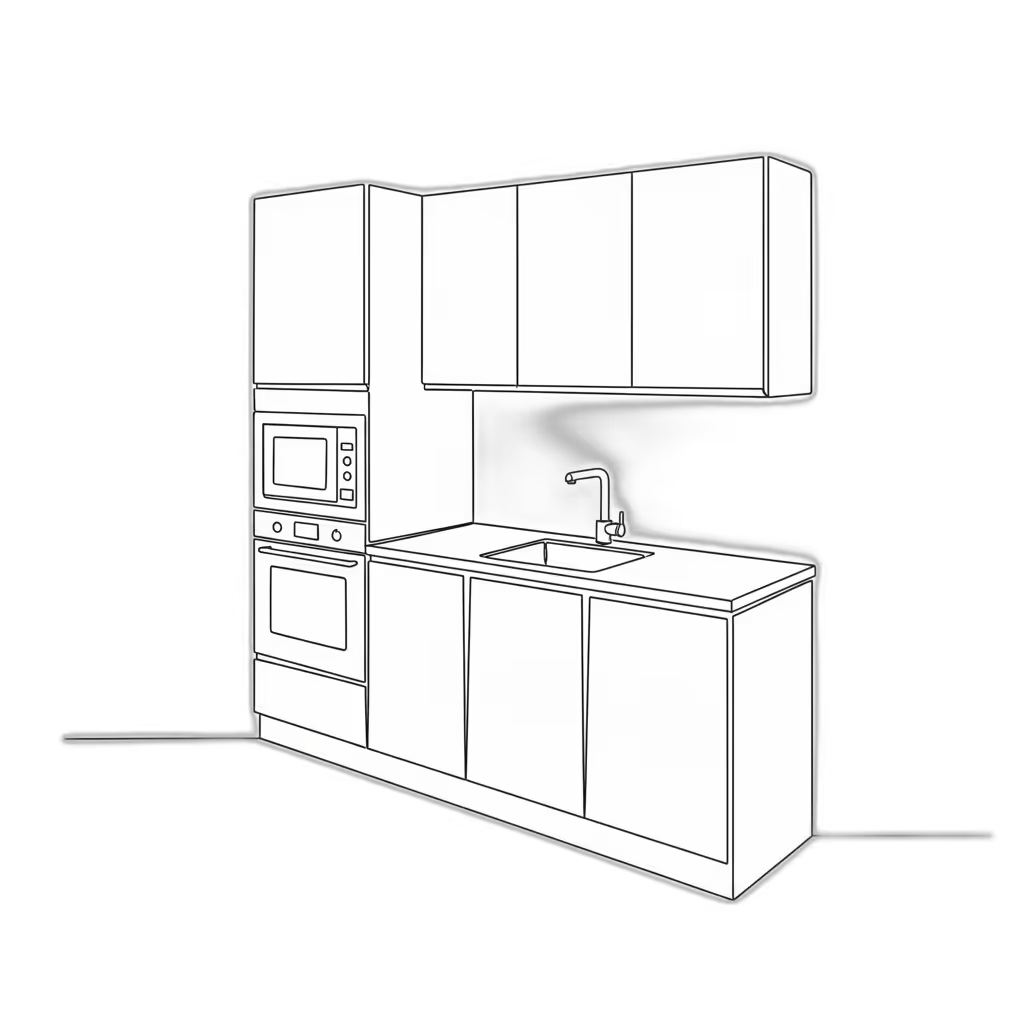
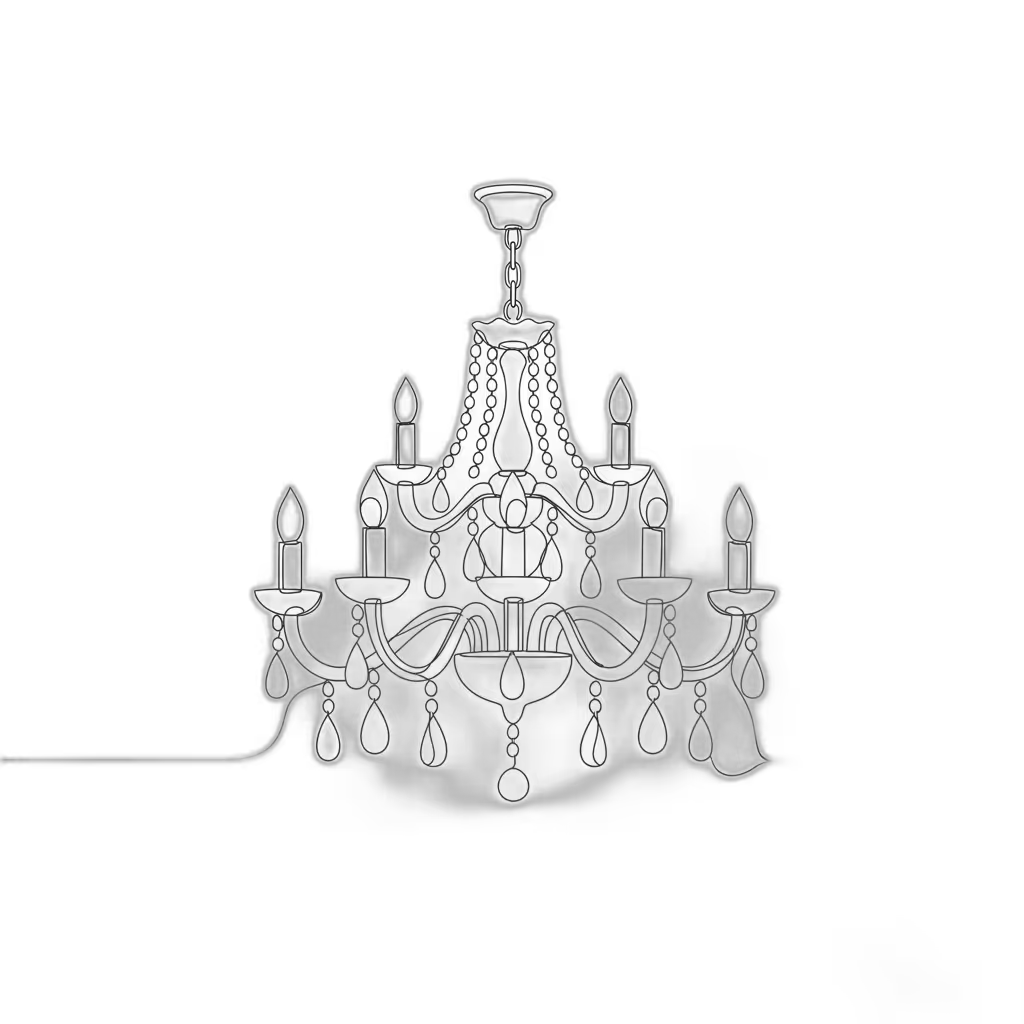
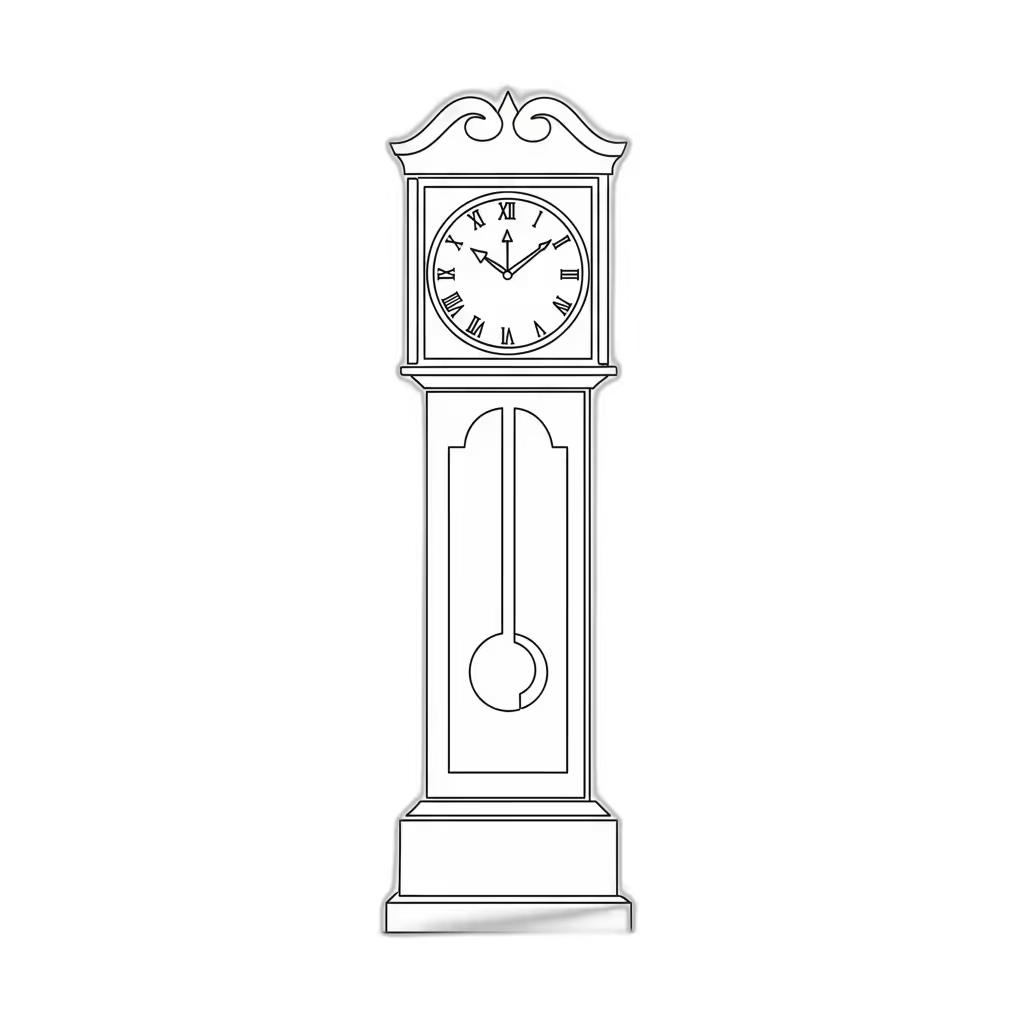
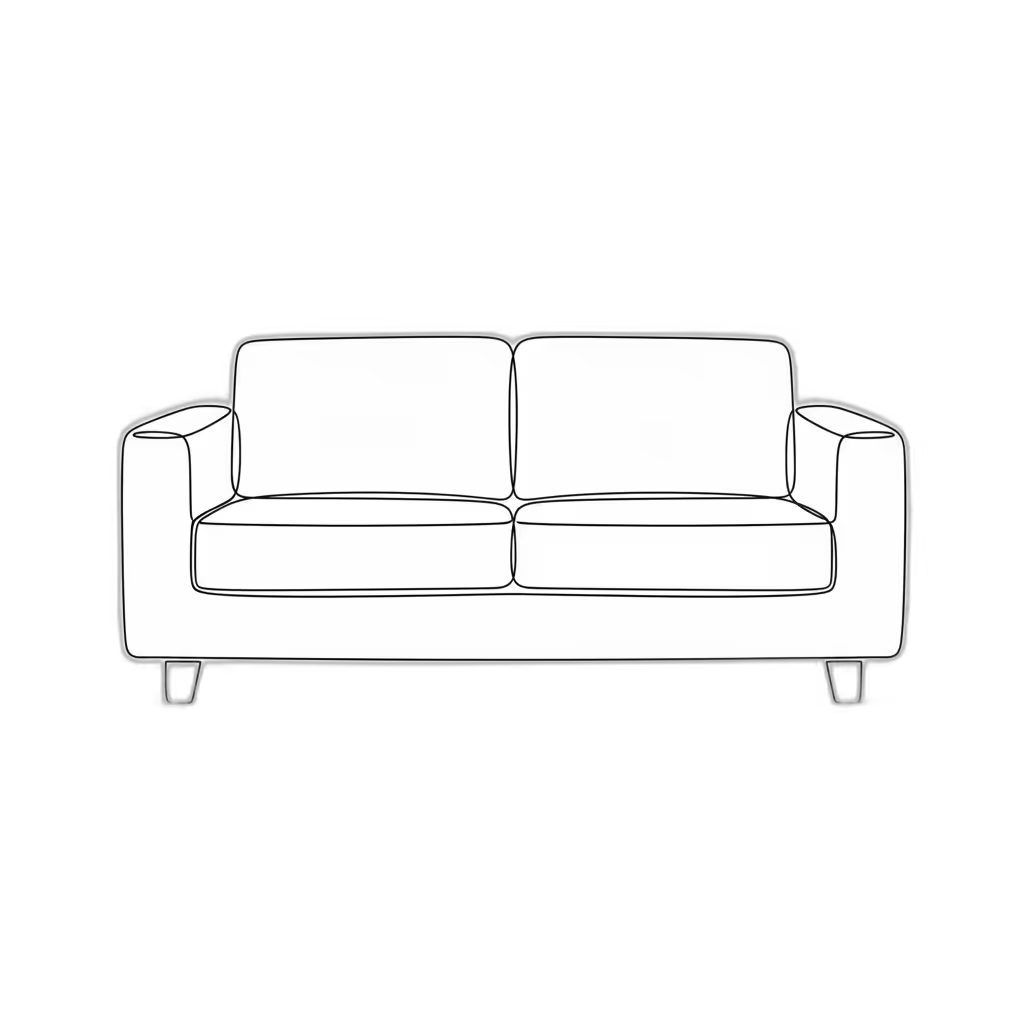


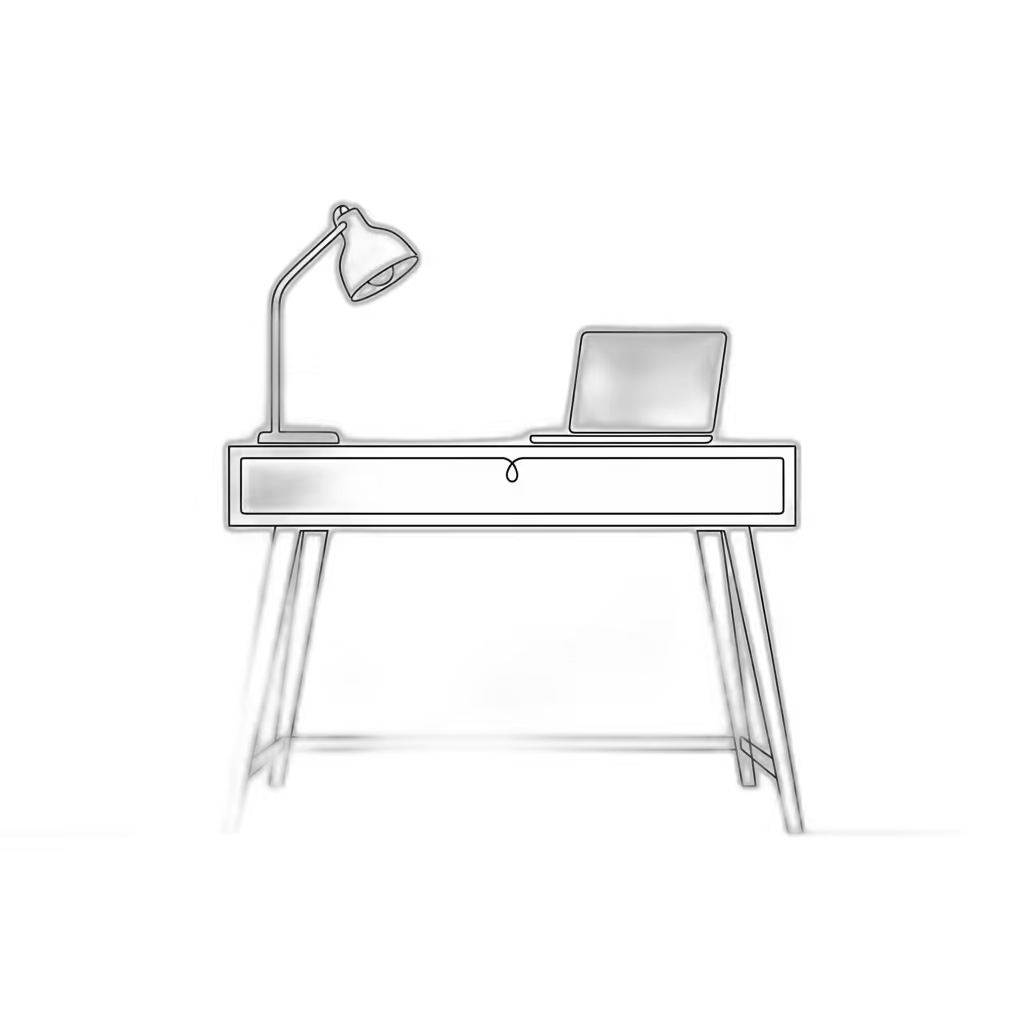

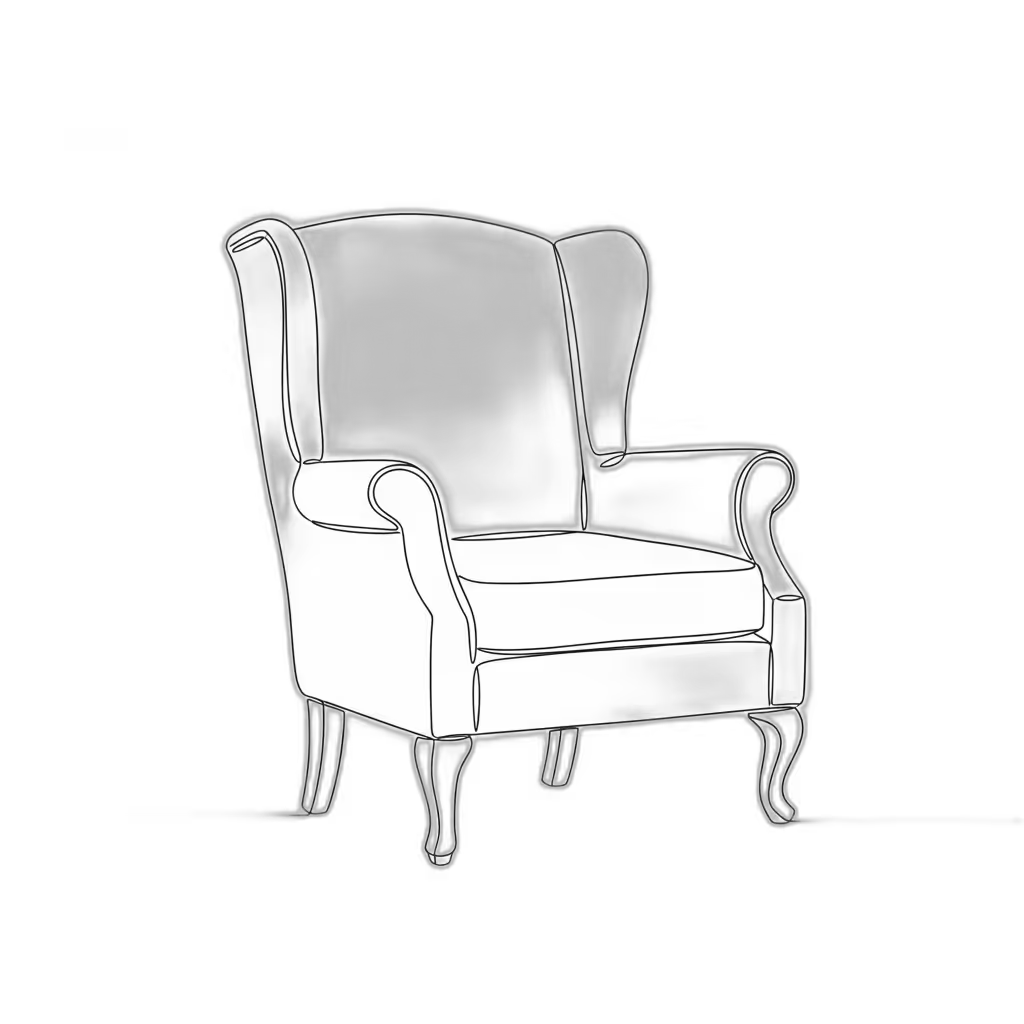

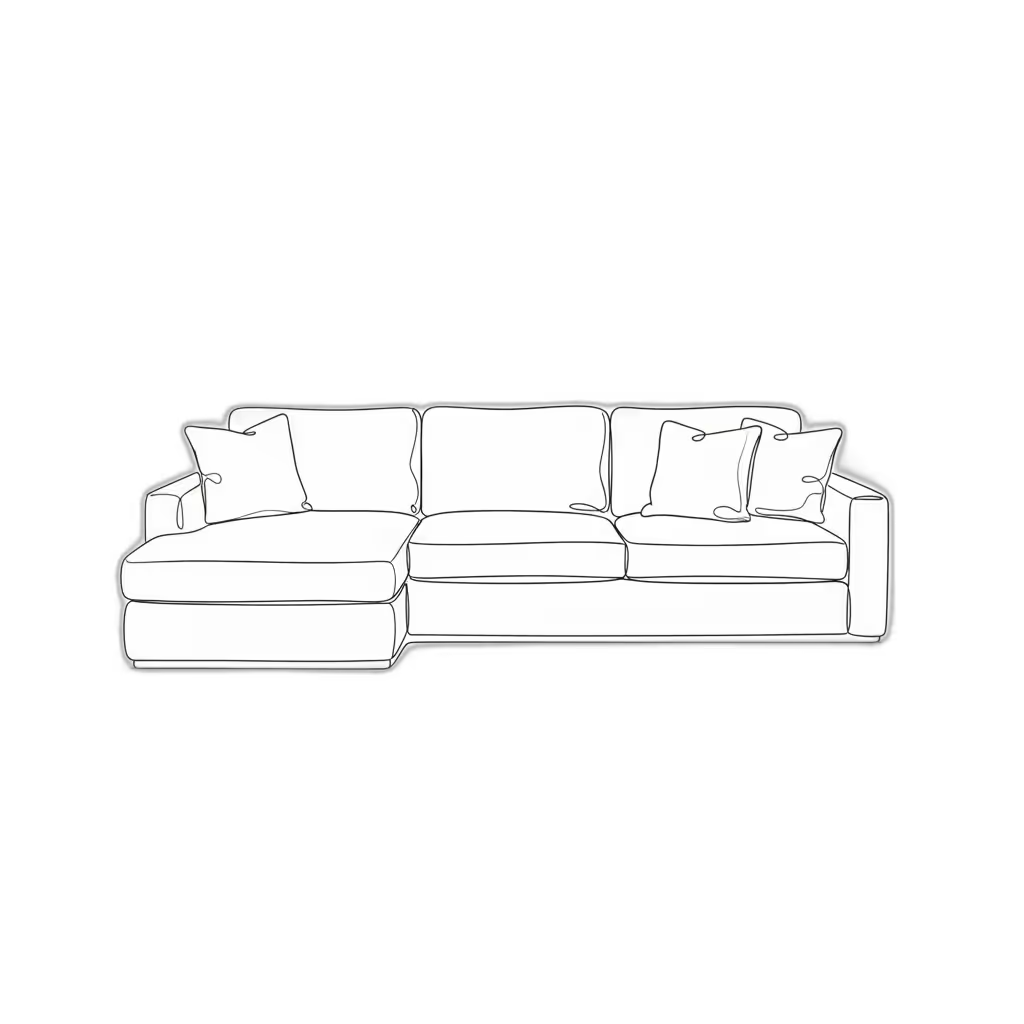
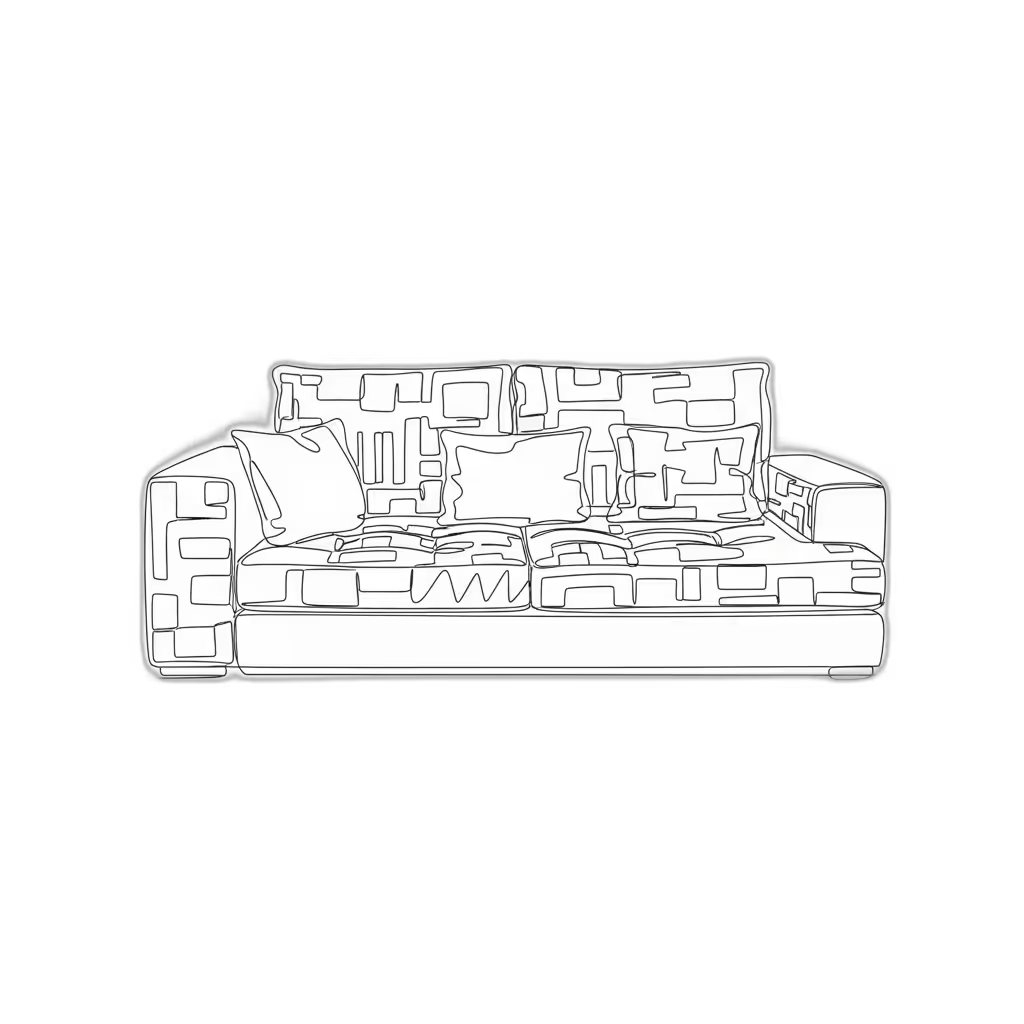


.svg)










